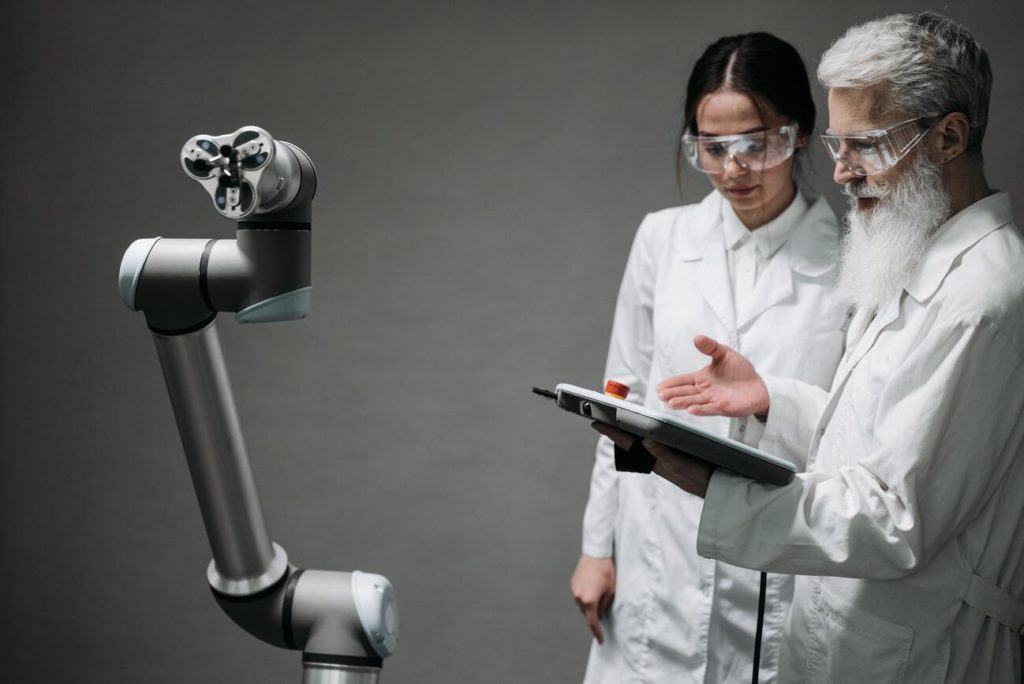
In the realm of artificial intelligence (AI), fostering collaboration and seamless interaction among diverse AI tools and frameworks is essential for driving innovation and realizing AI’s full potential. Interoperability and standardization serve as the guiding principles that enable AI solutions to work harmoniously across different platforms, ensuring a cohesive and collaborative AI community. In this article, we delve into the significance of interoperability and standardization, exploring how they facilitate knowledge sharing, encourage collective problem-solving, and create a unified AI landscape.
The Need for Interoperability: AI in a Diverse Landscape
The AI landscape is vast, comprising a myriad of tools, frameworks, and platforms developed by various organizations and communities. These diverse AI solutions often operate in isolated environments, limiting their ability to collaborate effectively and hindering the sharing of valuable insights and innovations. Interoperability bridges these gaps, allowing AI technologies to communicate seamlessly with each other, unlocking new possibilities for cross-platform collaboration and knowledge exchange.
Standardization: The Language of AI
Standardization serves as the universal language that AI technologies understand. By adhering to common guidelines, protocols, and data formats, AI tools and frameworks become compatible with one another, promoting smooth communication and data exchange. Standardization creates a shared framework for AI developers and researchers, streamlining their efforts and promoting a collective understanding of best practices.
Promoting Knowledge Sharing: The Power of Collaboration
Interoperability and standardization promote an ecosystem of knowledge sharing, where AI researchers and practitioners can collaborate effortlessly. By breaking down barriers between different AI technologies, researchers can leverage the strengths of various frameworks, accelerating their experiments and enriching their AI models. The power of collective problem-solving encourages faster advancements and ensures that the AI community benefits from a collective pool of expertise.
Accelerating AI Research and Development
In a rapidly evolving AI landscape, time is of the essence. Interoperability and standardization expedite AI research and development by eliminating the need for tedious reimplementation or conversion of AI models across different platforms. Researchers can focus on innovation and experimentation, confident that their findings can easily be integrated into a wider range of AI applications.
Enabling Seamless AI Integration
Interoperability and standardization enable seamless AI integration into existing systems and workflows. Organizations can deploy AI solutions with ease, leveraging the vast array of AI tools available without worrying about compatibility issues. The ability to integrate AI technologies into diverse environments empowers businesses to harness AI’s transformative potential without experiencing significant disruptions.
Cultivating an Inclusive AI Community
An inclusive AI community thrives on open collaboration and shared resources. Interoperability and standardization promote a culture of inclusion, where AI enthusiasts from various backgrounds can contribute their expertise and collaborate towards common goals. This inclusive ethos drives the AI community forward, collectively advancing AI research and propelling the technology to new heights.
A Unified AI Future
Interoperability and standardization stand as guiding principles for a unified AI future. As AI continues to reshape industries and societies, these pillars enable researchers, developers, and businesses to collaborate effortlessly, driving innovation and fostering a vibrant AI ecosystem. By embracing interoperability and standardization, the AI community unlocks the full potential of this transformative technology, creating a future where AI serves as a catalyst for positive change.




